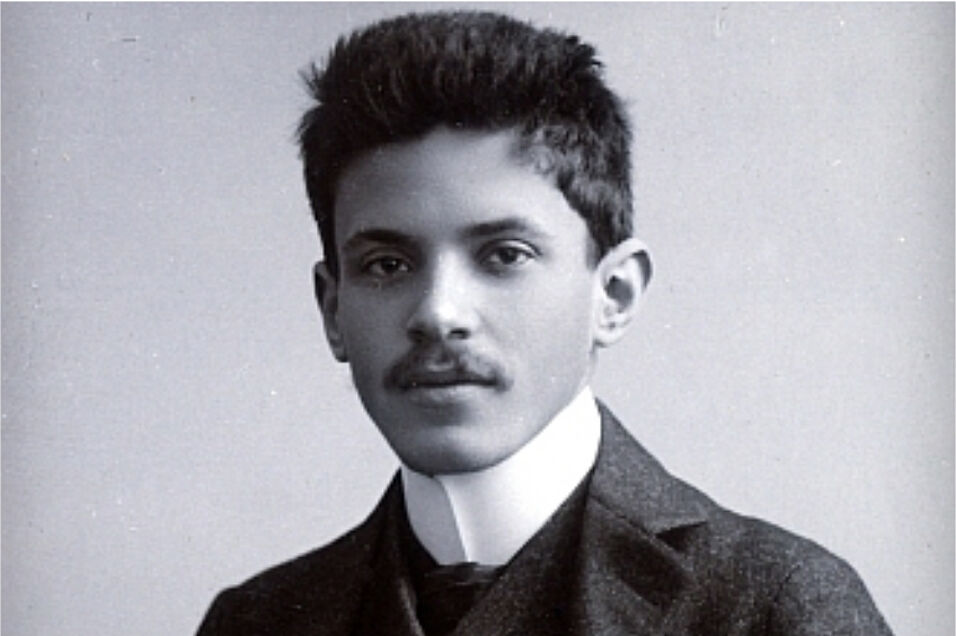Ehrenfest award ceremony for Quantum Foundations
Award ceremony for the most significant paper in foundations of quantum physics, followed by a talk
Physicists of all fields and physics students are invited to join the Ehrenfest award ceremony on the 4th of December, followed by a talk by the authors and refreshments. The winner of the Paul Ehrenfest Best Paper Award for Quantum Foundations for the year 2018 is:
Almost Quantum Correlations
By Miguel Navascués, Yelena Guryanova, Matty J. Hoban, and Antonio Acín
Nature Communications 6, 6288 (2015).
The committee awarded the prize to Navascues et al. "for the theoretical discovery of a natural set of stronger-than-quantum correlations, which challenges correlations-based approaches to characterizing quantum theory and hints at potential beyond-quantum physics."
The authors will collect the award and give a talk about the awarded work, followed by drinks and a small buffet. Researchers from all fields of physics and physics students are encouraged to attend!
Organiser: IQOQI-Vienna
Contacts: chiara.cardelli@oeaw.ac.at, Chiara Cardelli (IQOQI-Vienna) and Markus Müller (Univie and IQOQI-Vienna) markusm23@univie.ac.at
Abstract:
Almost quantum correlations
Bell’s theorem teaches us that two or more parties conducting space-like separated quantum experiments can generate correlations which do not admit any classical interpretation. Such correlations are termed non-local. Since the dimension of the local Hilbert spaces held by each party is, in principle, unbounded, characterizing the set of non-local quantum correlations is an arduous task. In this regard, there have been a number of attempts to derive the shape of the set of quantum non-local
correlations from physical principles alone. Such principles are understood to be device-independent, i.e., falsifiable via Bell-type experiments.
In this talk, I will argue against this research program. I will do so by introducing the almost quantum set, a set of multipartite correlations that has appeared under different names in fields as diverse as graph theory, quantum gravity and quantum information science. The almost quantum set contains stronger-than-quantum correlations, yet it is shown to satisfy all device-independent axioms
proposed in the past to characterize the quantum set. This is so with the possible exception of the principle of information causality, with which, according to all existing numerical evidence, the almost quantum set also complies. The almost quantum set hence represents a severe obstruction to any hypothetical reconstruction of quantum theory via device-independent principles. On the positive side, I will argue that, for the almost quantum set to describe the correlation statistics of a consistent physical theory, the latter should possess very perturbing features.

